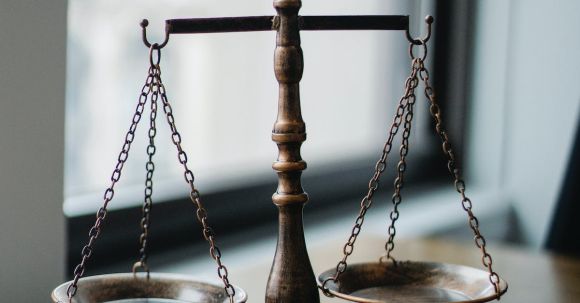In the realm of legal matters, the term “Power of Attorney” often comes up. But what exactly does it mean, and why is it important? In this article, we will delve into the intricacies of Power of Attorney, exploring its purpose, types, and the key considerations to keep in mind.
Understanding Power of Attorney
Power of Attorney is a legal document that grants someone the authority to act on behalf of another individual, known as the principal, in financial, legal, or health-related matters. This authority can be broad or limited, depending on the specific wishes of the principal.
Types of Power of Attorney
1. General Power of Attorney:
A general Power of Attorney grants the agent broad authority to make decisions and take actions on behalf of the principal. This type of Power of Attorney is often used in situations where the principal is unable to handle their affairs due to physical or mental incapacity, or when they are unavailable.
2. Special Power of Attorney:
Unlike a general Power of Attorney, a special Power of Attorney gives the agent limited authority to handle specific matters on behalf of the principal. This could include selling property, making medical decisions, or handling business affairs. It is important to note that the authority granted under a special Power of Attorney ceases to exist once the specific task or event is completed.
3. Durable Power of Attorney:
A durable Power of Attorney remains in effect even if the principal becomes incapacitated or mentally incompetent. This type of Power of Attorney is particularly useful for planning ahead, as it ensures that someone can manage the principal’s affairs in the event they are unable to do so themselves.
Key Considerations
1. Choosing the right agent:
Selecting a trustworthy and responsible agent is crucial when creating a Power of Attorney. This person should have the ability to make decisions in the best interest of the principal and should be someone who is readily available and willing to take on the responsibilities associated with this role.
2. Ensuring clarity and specificity:
When drafting a Power of Attorney, it is essential to clearly define the powers and limitations of the agent. Including specific instructions and guidelines can help prevent any misunderstandings or misuse of authority.
3. Reviewing and updating regularly:
Life circumstances can change, and it is important to review and update your Power of Attorney periodically to ensure that it accurately reflects your current wishes. This is especially crucial if there are any changes in relationships, health status, or financial circumstances.
4. Seeking professional advice:
Creating a Power of Attorney can be a complex legal process, and seeking professional advice from an attorney experienced in estate planning and elder law is highly recommended. They can guide you through the process, ensuring that your Power of Attorney is legally valid and tailored to your specific needs.
In conclusion, Power of Attorney is a powerful legal tool that allows someone to act on behalf of another in various important matters. Understanding the different types of Power of Attorney, selecting the right agent, and ensuring clarity and specificity are key to creating an effective Power of Attorney. By taking the necessary steps and seeking professional advice, you can gain peace of mind knowing that your affairs will be well-managed in the event of your incapacity or unavailability.





